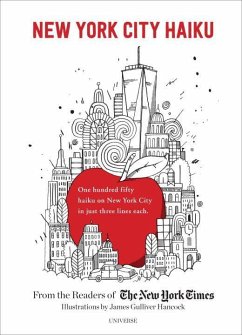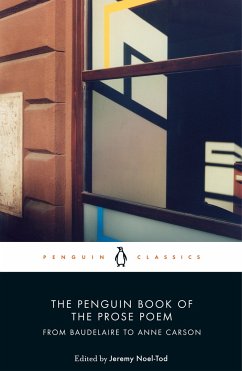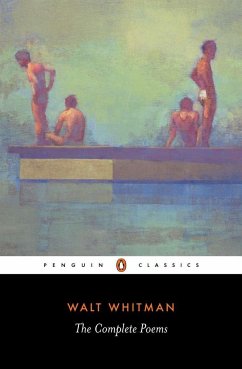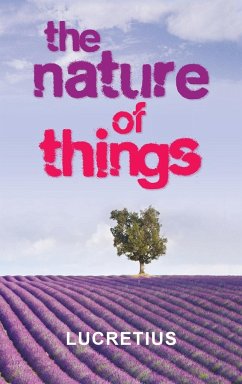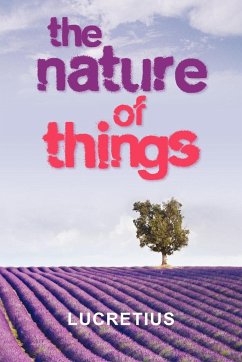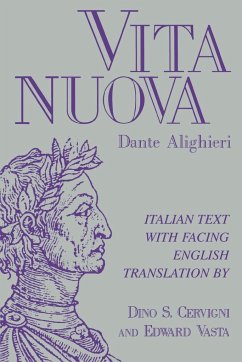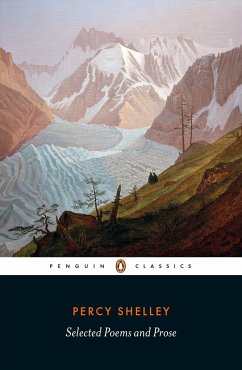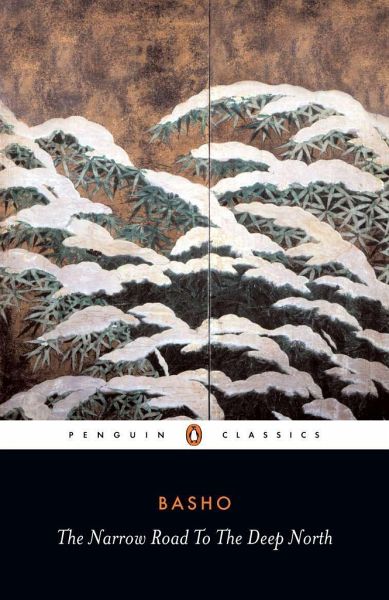
The Narrow Road to the Deep North and Other Travel Sketches

PAYBACK Punkte
4 °P sammeln!
'It was with aweThat I beheldFresh leaves, green leaves,Bright in the sun'When the Japanese haiku master Basho composed The Narrow Road to the Deep North, he was an ardent student of Zen Buddhism, setting off on a series of travels designed to strip away the trappings of the material world and bring spiritual enlightenment. He writes of the seasons changing, the smell of the rain, the brightness of the moon and the beauty of the waterfall, through which he sensed the mysteries of the universe. These writings not only chronicle Basho's travels, but they also capture his vision of eternity in th...
'It was with awe
That I beheld
Fresh leaves, green leaves,
Bright in the sun'
When the Japanese haiku master Basho composed The Narrow Road to the Deep North, he was an ardent student of Zen Buddhism, setting off on a series of travels designed to strip away the trappings of the material world and bring spiritual enlightenment. He writes of the seasons changing, the smell of the rain, the brightness of the moon and the beauty of the waterfall, through which he sensed the mysteries of the universe. These writings not only chronicle Basho's travels, but they also capture his vision of eternity in the transient world around him.
Translated with an Introduction by Nobuyuki Yuasa
That I beheld
Fresh leaves, green leaves,
Bright in the sun'
When the Japanese haiku master Basho composed The Narrow Road to the Deep North, he was an ardent student of Zen Buddhism, setting off on a series of travels designed to strip away the trappings of the material world and bring spiritual enlightenment. He writes of the seasons changing, the smell of the rain, the brightness of the moon and the beauty of the waterfall, through which he sensed the mysteries of the universe. These writings not only chronicle Basho's travels, but they also capture his vision of eternity in the transient world around him.
Translated with an Introduction by Nobuyuki Yuasa




